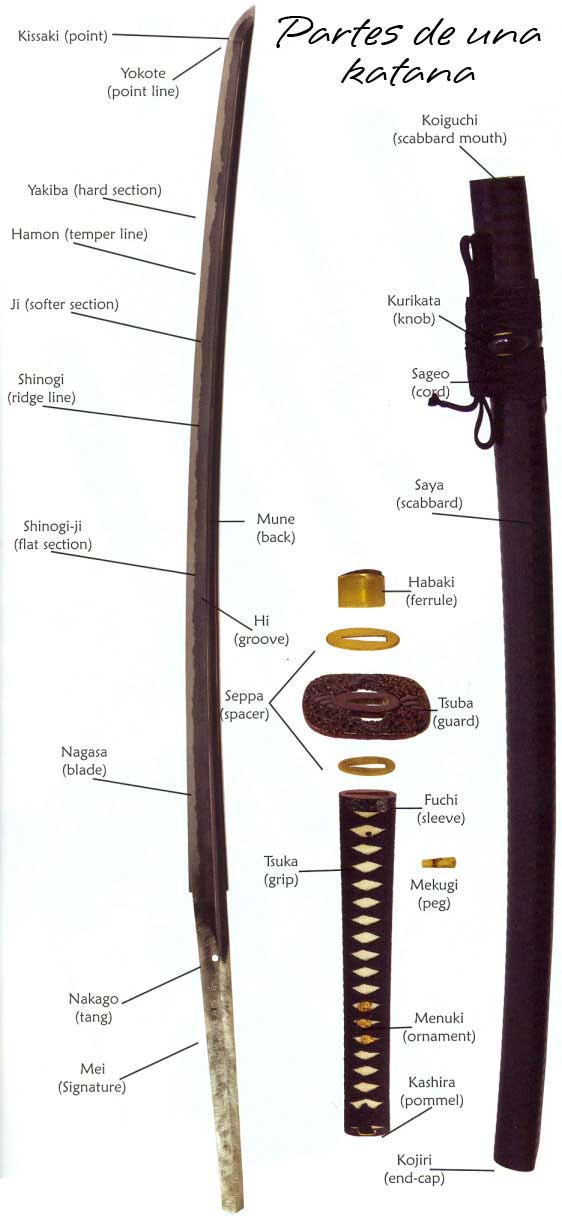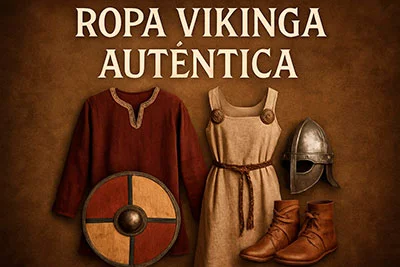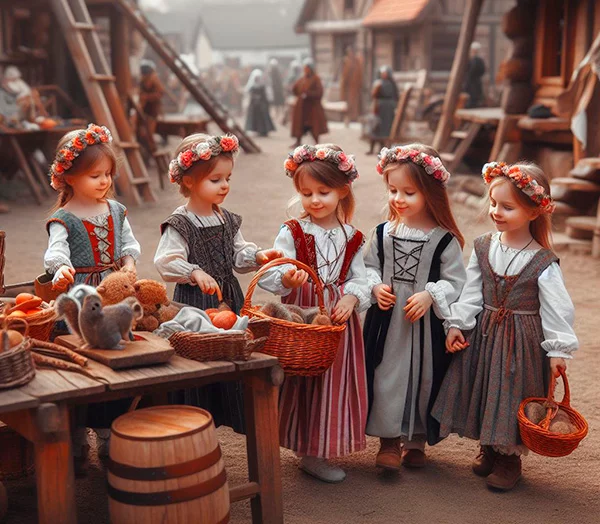What is the Menuki?
The Menuki is a decorative and functional element found on the handle of the katana, the iconic Japanese sword. This component, made up of small figures crafted using sophisticated metallurgy techniques, not only adds aesthetic value to the sword but also reflects the rich cultural history and lineage of the bearer, becoming a symbol of identity and tradition.
Located on either side of the Tsuka (the handle of the sword), the Menuki is commonly made from materials such as iron, copper, brass, or silver. Each piece is unique and can be adorned with intricate designs that tell stories or symbolize relevant aspects to its owner, such as social status, family, or even spiritual beliefs. These ornaments can vary significantly in complexity, from simple figures to true works of art that add a touch of elegance and distinction to the katana.

In addition to its decorative function, the Menuki plays a practical role by improving the grip on the katana. This element helps to increase friction between the hand and the handle, providing a firmer and more secure control when wielding the sword. Therefore, its presence is essential not only from an aesthetic perspective but also for performance in handling the katana.
It is also important to consider the proper conservation of the Menuki to ensure its longevity and preserve its cultural value. To keep these ornamental pieces in optimal condition, it is essential to protect them from dust and moisture accumulation. The use of an appropriate lubricant to prevent oxidation and corrosion is recommended, as well as avoiding any contact that may cause scratches or damage. These cares are crucial, as any deterioration could affect not only the appearance of the piece but also its history and cultural significance.
In light of all of the above, we can affirm that the Menuki is much more than a simple ornament; it represents a witness to the creativity, tradition, and history that enrich the experience of owning and handling a katana. Its care and attention are fundamental to preserving its essence and ensuring that it continues to transmit its cultural legacy to future generations.



